SpaceX sends human sperm to the International Space Station
Scientists to examine how samples react in low gravity to see if conception could happen in space
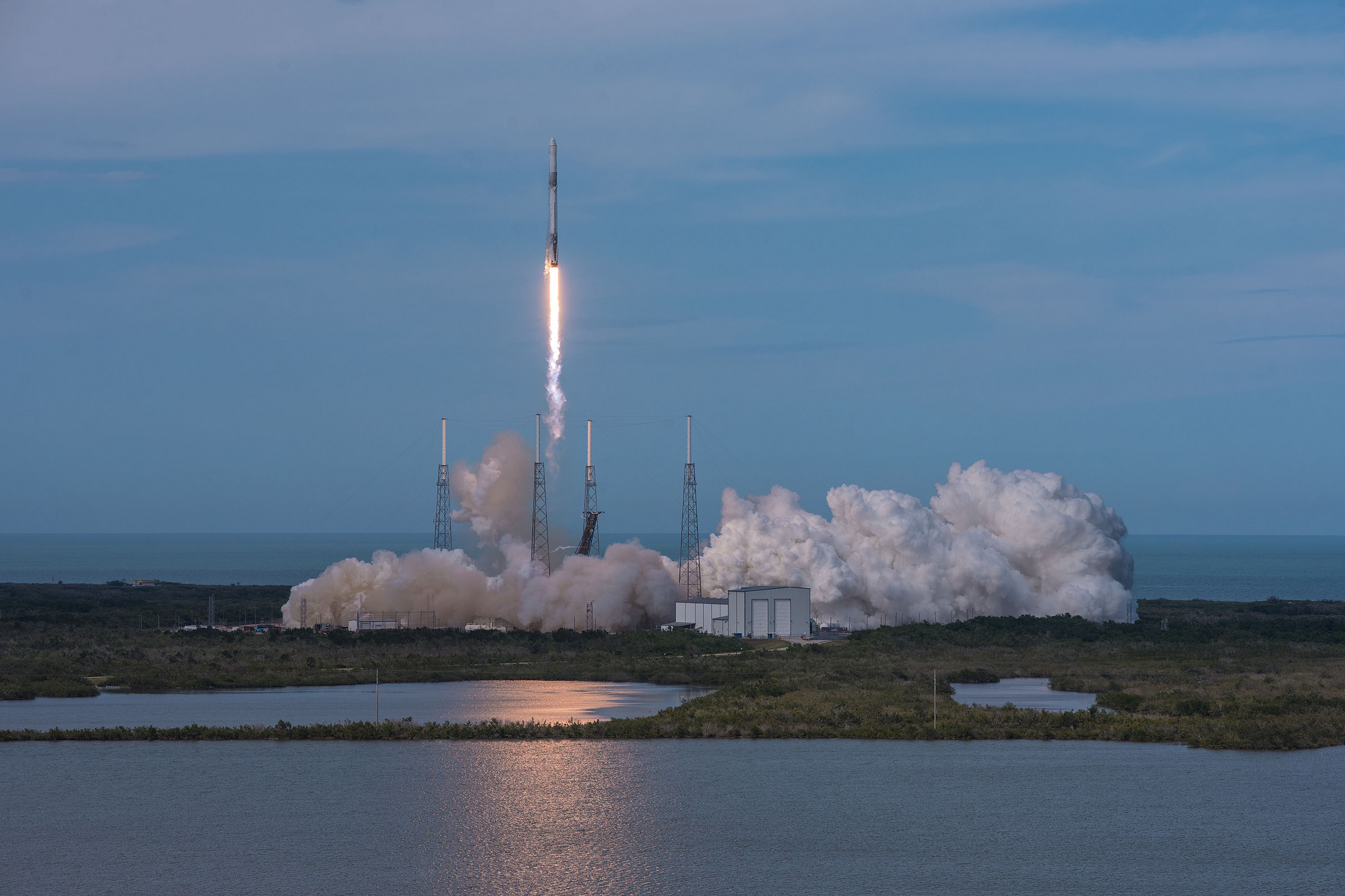
A free daily email with the biggest news stories of the day – and the best features from TheWeek.com
You are now subscribed
Your newsletter sign-up was successful
SpaceX launched one of its Falcon 9 rockets into orbit on an unusual mission to the International Space Station (ISS) for Nasa last night.
According to the London Evening Standard, the rocket is carrying frozen samples of human and bull sperm so scientists on the space station can examine how they react in low gravity.
The researchers will thaw out the samples and combine them with “chemical mixture that actives the semen’s cells”, the newspaper adds.
The Week
Escape your echo chamber. Get the facts behind the news, plus analysis from multiple perspectives.

Sign up for The Week's Free Newsletters
From our morning news briefing to a weekly Good News Newsletter, get the best of The Week delivered directly to your inbox.
From our morning news briefing to a weekly Good News Newsletter, get the best of The Week delivered directly to your inbox.
Scientists have already examined the effects of low gravity on sea urchin and rodent sperm, says Space.
These experiments revealed “the lack of gravity in space activated the sperm more quickly”, The Register reports, although it took significantly longer for the samples to react with an egg than it would on Earth.
Now scientists want to evaluate whether the results can be replicated on larger mammals, the website says, which could indicate whether it’s possible to conceive in space.
SpaceX also launched a satellite capable of clearing up pieces of old spacecraft orbiting the Earth.
A free daily email with the biggest news stories of the day – and the best features from TheWeek.com
The experimental RemoveDEBRIS system, developed by the University of Surrey Space Centre, features a large net designed to catch redundant satellites and drag them out of orbit, Time reports.
Space debris floating in Earth’s lower orbit is “a serious problem”, the magazine adds, saying there are more than 500,000 pieces of “defunct satellites” and “rocket boosters” currently orbiting Earth.
The system will be assembled by astronauts on the ISS and deployed into space, although there’s no word yet on when it will be deployed.
-
 Colbert, CBS spar over FCC and Talarico interview
Colbert, CBS spar over FCC and Talarico interviewSpeed Read The late night host said CBS pulled his interview with Democratic Texas state representative James Talarico over new FCC rules about political interviews
-
 The Week contest: AI bellyaching
The Week contest: AI bellyachingPuzzles and Quizzes
-
 Political cartoons for February 18
Political cartoons for February 18Cartoons Wednesday’s political cartoons include the DOW, human replacement, and more
-
 Elon Musk’s pivot from Mars to the moon
Elon Musk’s pivot from Mars to the moonIn the Spotlight SpaceX shifts focus with IPO approaching
-
 Data centers could soon be orbiting in space
Data centers could soon be orbiting in spaceUnder the radar The AI revolution is going cosmic
-
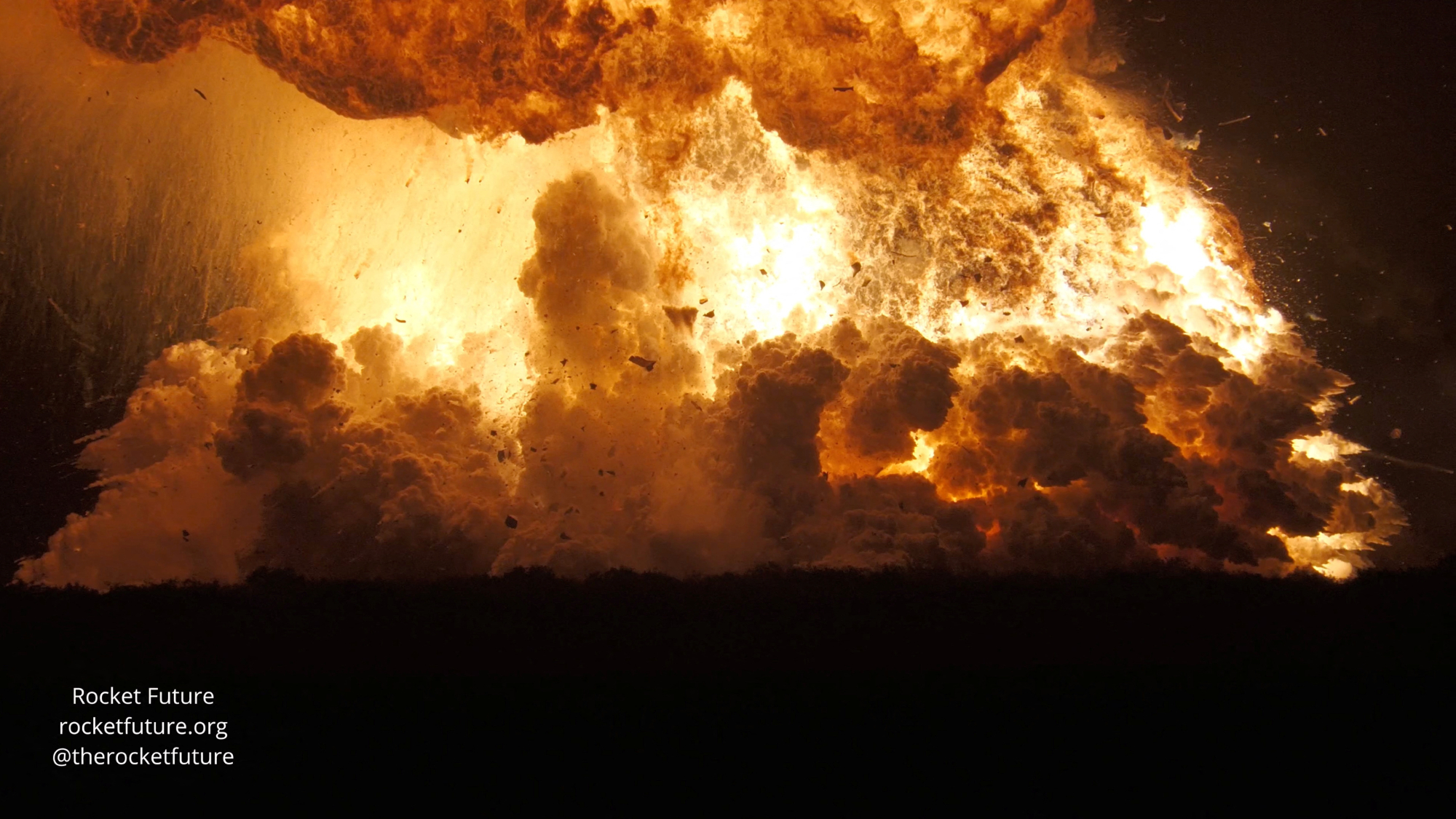 Another Starship blast sets back Musk's Mars hopes
Another Starship blast sets back Musk's Mars hopesSpeed Read Nobody was killed in the explosion, which occurred in south Texas
-
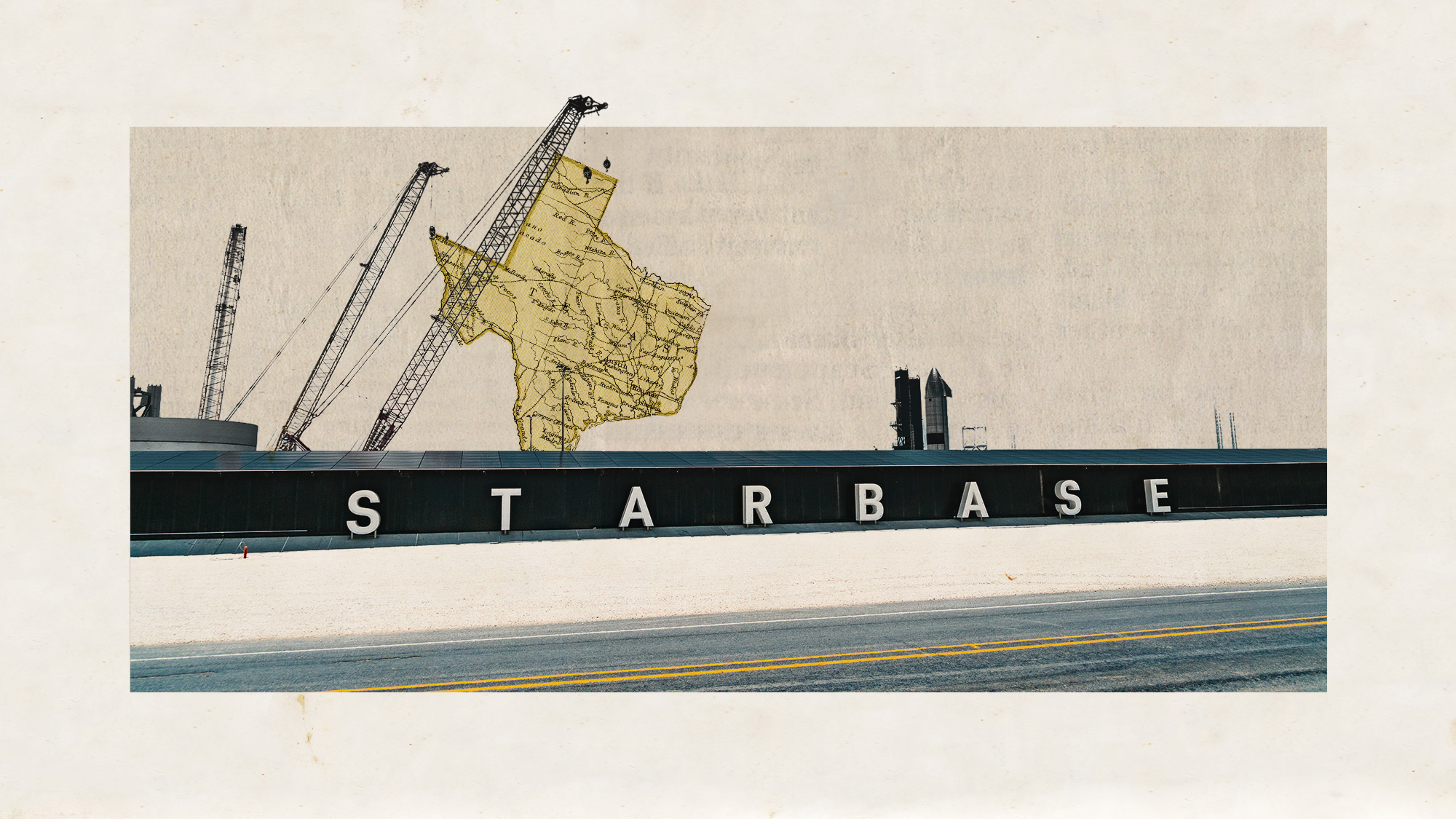 Elon Musk's SpaceX has created a new city in Texas
Elon Musk's SpaceX has created a new city in TexasUnder The Radar Starbase is home to SpaceX's rocket launch site
-
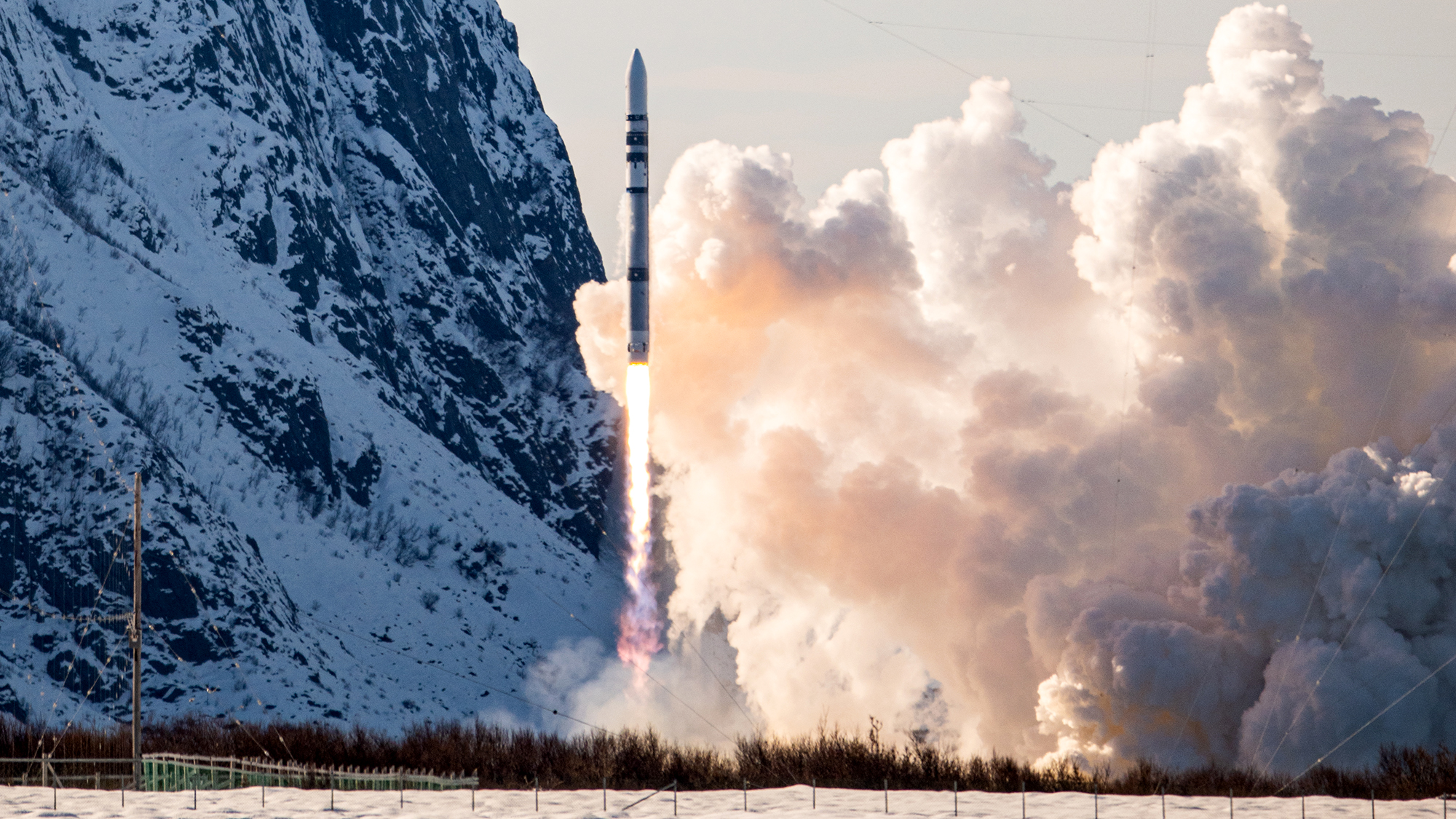 Test flight of orbital rocket from Europe explodes
Test flight of orbital rocket from Europe explodesSpeed Read Isar Aerospace conducted the first test flight of the Spectrum orbital rocket, which crashed after takeoff
-
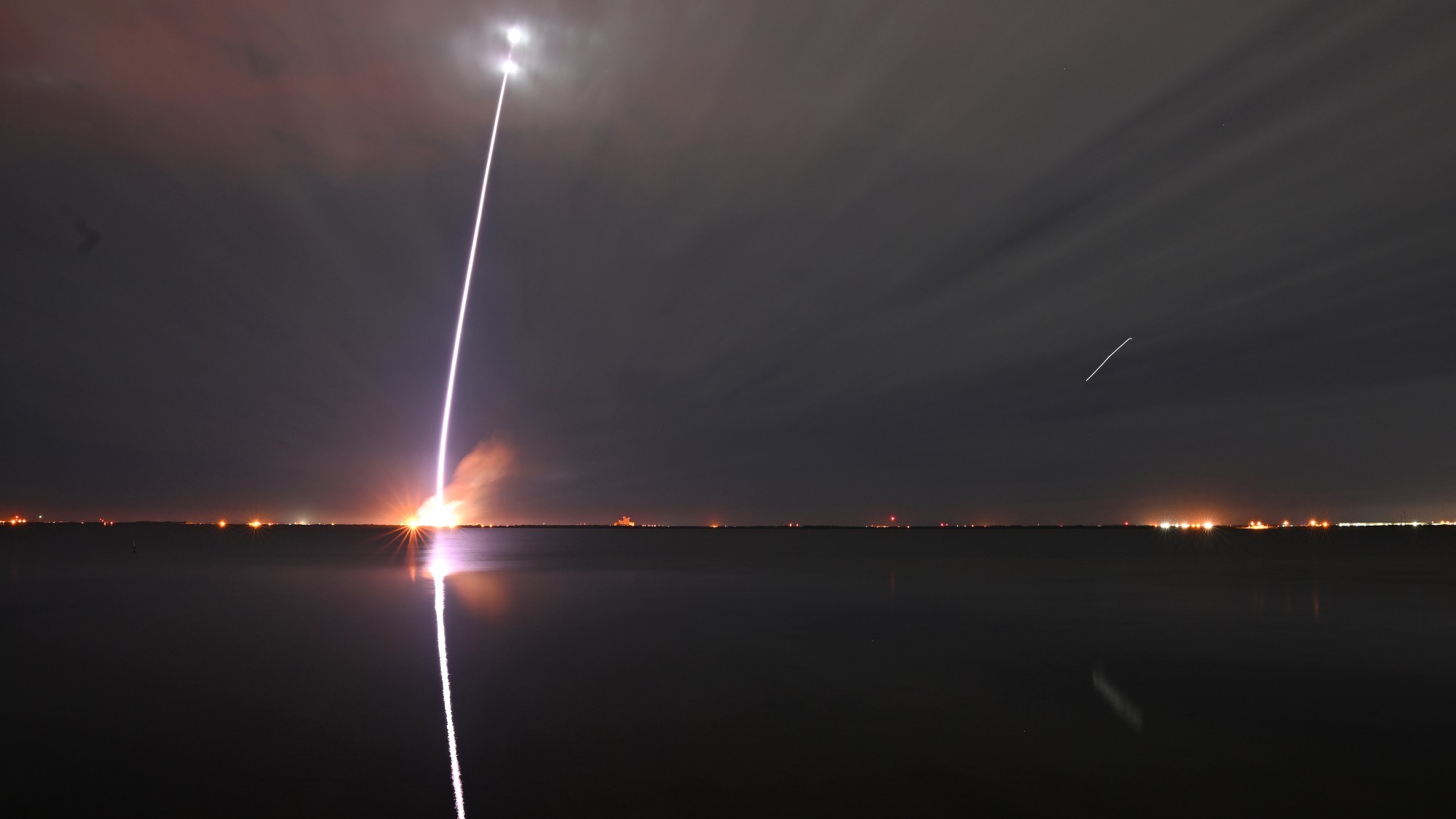 Jeff Bezos, Elon Musk and the billionaire space race
Jeff Bezos, Elon Musk and the billionaire space raceThe Explainer Tesla CEO and Amazon founder vie for dominance of satellite launch market and could influence Nasa plans to return to Moon
-
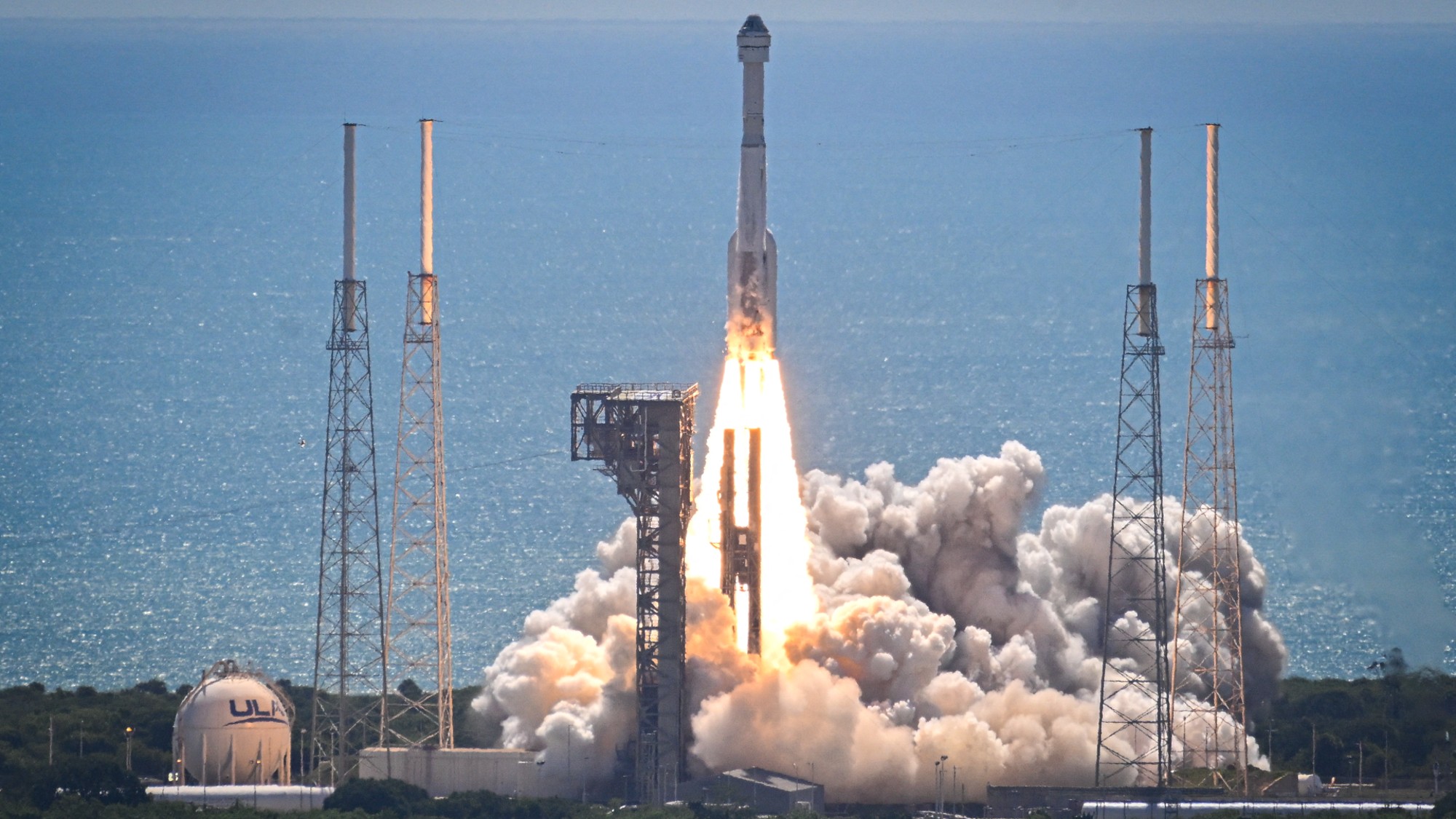 Starliner: What went wrong?
Starliner: What went wrong?Today's Big Question Boeing spacecraft has had a 'long, difficult road'
-
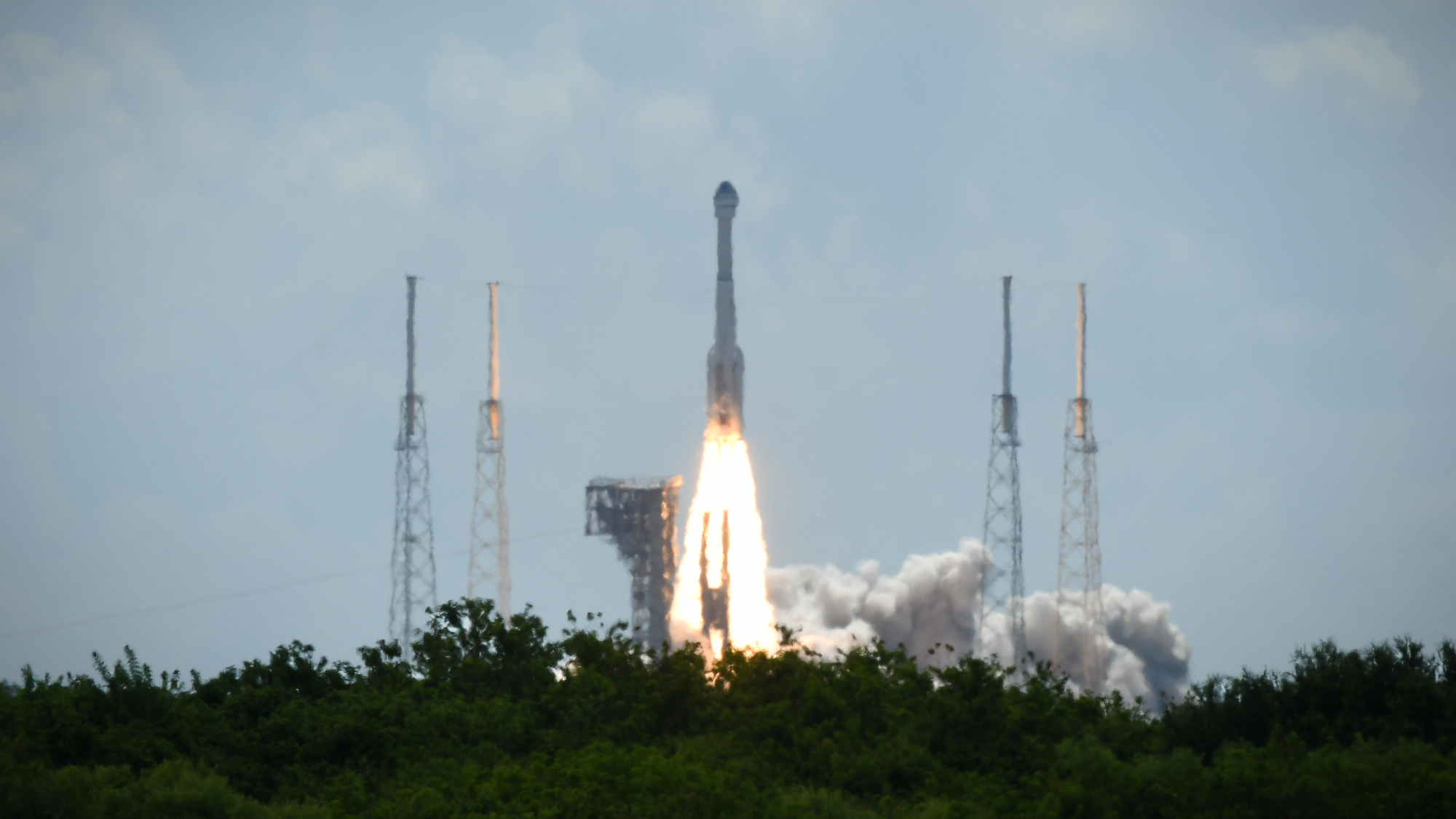 Boeing, SpaceX successfully test key rockets
Boeing, SpaceX successfully test key rocketsSpeed Read Boeing’s Starliner docked at the ISS and SpaceX completed its fourth test launch of its Starship spacecraft